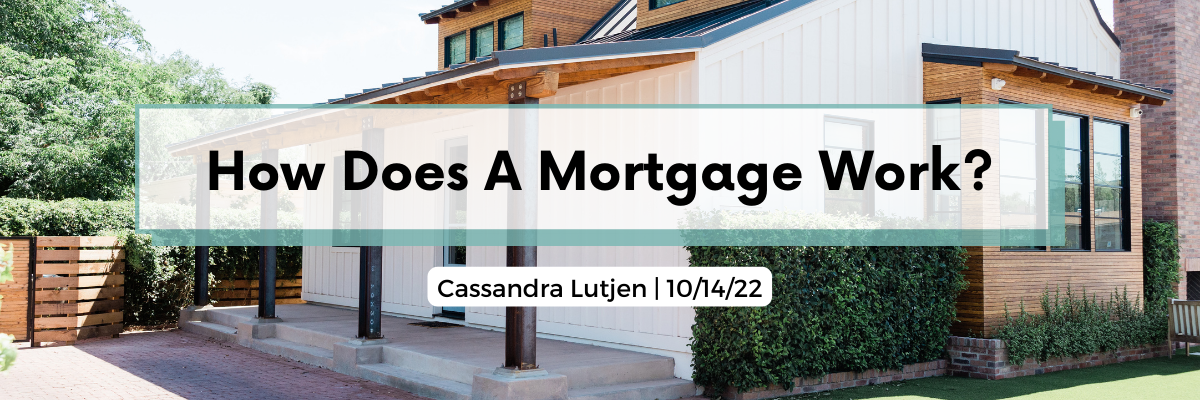Four Things That Help Determine Your Mortgage

Over the last couple of years, buying a house was easier to do as the housing market saw record-low mortgage rates. However, with interest rates rising to nearly 8 percent, it is becoming more difficult.
As mortgage rates creep ever so slowly upward, more consumers are looking to lock in their home loans at the lowest interest rate they can. If you’re one of those people, here are a few factors you should be focusing on.
Credit scores can play a big role in your mortgage rate. When shopping for a home loan, it’s important to know your credit scores. A credit score is a number that lenders use to determine if you are the best fit to take out a certain loan.
Your credit report is one of the most important tools used by mortgage lenders to assess your creditworthiness. If a lender sees that you’ve paid back your loans as agreed and can be trusted to use your credit cautiously, this will build trust in their eyes.
Building and maintaining strong credit is one of the best things you can do for your financial future. Did you know that an excellent or even good credit score can improve your chances of qualifying for a mortgage, getting better interest rates, and reducing your monthly payments?
When a borrower applies for a home loan, the lender reviews their credit history, income, and employment status to determine the type of mortgage loan best suited for them and their new home.
There are several broad categories of mortgage loans, such as conventional, FHA, USDA, and VA loans. Each has its own requirements that have a direct impact on the amount available to borrow and the interest rate paid. Rates can be significantly different depending on what loan type you choose.
The first thing a real estate advisor or mortgage broker will want to find out is what you’re looking for. A good one will not only do that but also look at your finances and determine what’s available in your area and what types of loans you may qualify for.
When taking out a loan, there are several factors to keep in mind that can impact your loan as a whole. One of the most important factors is the term of the loan. The term of a loan is how long you have to pay back the money borrowed. Loans generally have terms ranging from a few months to 15 years or more.
The term is how long the loan lasts, while the interest rate is how much it costs you over that time period. Choosing the right term will allow you to keep your payments manageable and ensure you pay off your loan before your interest rates increase.
If you’re thinking of buying a house, you probably know that the larger your down payment, the less you will pay in interest over the life of your mortgage. How much money you put down on a house has a big effect on the interest rate you pay and the monthly payments.
How much of a down payment do you need to make? The answer isn’t as straightforward as you might think. If you’re comfortable putting 20% down, then go for it – you’ll usually get lower interest rates. But even if you fall short of this mark, there are still ways to accomplish your goal. That’s where I can help.
The Bottomline
When you’re looking to buy a home, it pays to do research and make sure that you’re getting the best deal possible. There’s no denying that there’s more riding on homeownership than just your monthly mortgage payment. That’s why it’s good to work with a knowledgeable expert who can help answer all of your questions and get you into the right real estate property.
It can be quite a challenge to find the right mortgage. There are a number of lenders out there, each offering different rates and products. I work with different lenders to ensure you will have a choice in choosing the mortgage that best works for you and your budget.
Connect with me to get started on your home-buying journey!
Follow me for more real estate tips!




